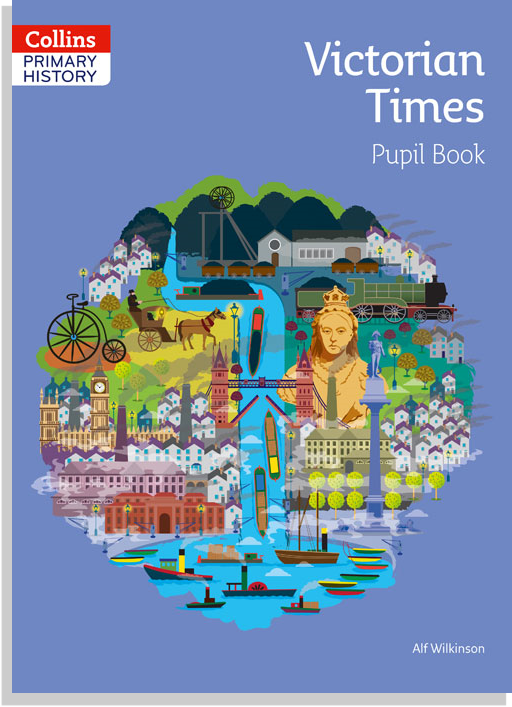
We all know that the Victorians were tough on crime – especially crimes against property. Sentences were harsh for what, to us, seem like quite trivial offences.
Political crimes were treated extremely harshly. The Tolpuddle Martyrs, six agricultural labourers in a small village in Dorset, were found guilty in 1834 of taking an illegal oath and were transported to Australia for seven years. Their crime was to band together to try to form a trade union in order to prevent their employer reducing their wages yet again. Government and those in authority were frightened the masses might overthrow the government as the French had done in 1789. Those accused of rebellion were often sentenced to death.
Petty crimes were treated equally harshly. Oliver Twist’s crime was to ask for a second bowl of gruel in the workhouse. He was severely punished for his sins. Although Oliver Twist is a fictional character, any local newspaper from the time will reveal many similar cases that really happened.
This is one case that I came across in my own village in Lincolnshire…
Mary Dimoline was a servant, born in 1786. In January 1840, she was accused of theft. The court documents give us our only description of her: she was 4ft 11inches tall and had black hair, beginning to turn grey. She was married with three children. She was also, in the legal documents, described as a cripple.
On the 4th of October 1839, two knives and two ounces of feathers belonging to Robert Speed were stolen. Suspicion fell on Mary Dimoline who had been lodging in their house for the night. Unfortunately for the Speeds, the suspect had left their house before the discovery was made.
A few days later, Dimoline visited the house of Mr Benjamin Garton of Scredington. Sitting down in Mr Garton’s kitchen with only a servant present in the house, Dimoline stole silk neckerchiefs and a tablecloth drying by the fire. Dimoline struck another house the following day; left alone, she helped herself to a watch, seals, a vinaigrette box, and a sum of money.
Having been caught and arrested on suspicion of theft, Dimoline was locked up in Folkingham House of Correction. When the Matron searched the prisoner, the watch, seals, vinaigrette box, and 3 sovereigns, 3 shillings, and 5 sixpences were found hidden in the prisoner’s stays. Armed with an official warrant, the Sleaford Constable searched the house of Mr Fountain of Caythorpe on the 26th of October. There, in a box belonging to John Bowling, he found the table cloth and neckerchiefs stolen from Mr Garton. Mr Bowling said that they had been given to him by his mother, Mary Dimoline, for safekeeping.
Mary was put on trial in Sleaford in January 1840. She was found guilty of theft. The court sentenced Dimoline to fourteen years’ transportation to New South Wales, Australia. Having spent a year in various prisons, Dimoline finally set sail from London in October 1840 onboard the convict ship Navarino. After three months on board in terrible conditions, she landed at Hobart and her life in Australia began.
We do not know what drove Mary to steal these items – was it opportunity, or desperation? Did she tour the local villages looking for opportunities to steal goods? What we do know is that her case is typical of thousands of people at the time, probably driven by desperation in order to survive in hard times, and who, on conviction, were treated very harshly indeed. Cases like this provide a different perspective on the period we know as ‘The Great Changes’.




